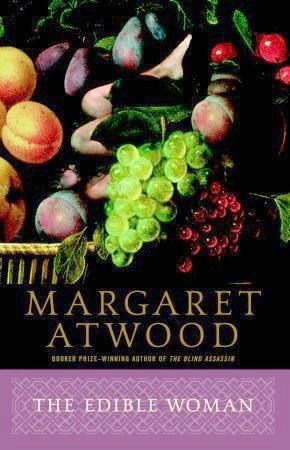People often have lists of places they want to go or things they want to do before they “kick the bucket,” and some people also have a list of books they must read.
Here are a few big books that show up on many a “bucket list.”
Where you choose to start such a list could be arbitrary in terms of the nationality of the author, when the work was written or if you choose a novel, an epic poem, a play or some other form. While you want a challenge, it is probably best to begin with something that won’t bog you down with weeks of tedious slogging.
With this in mind, it is hard to think of a better place to start than with Miguel de Cervantes’ Don Quixote. The Man of La Mancha is unhinged by reading too many books of knightly chivalry and in his madness sets out to revive the disregarded code of conduct in a series of picaresque adventures. The book covers the full range of emotion from comedy to tragedy, and Quixote is at times a figure of fun, an idealist, cruelly ignorant and profoundly sad. Edith Grossman’s 2003 translation of the book is considered one of the best versions in English.
U2 front man Bono once said, “The world needs more Canada,” and if we are looking at bucket-list level Canadian fiction, it is hard not to think of Margaret Atwood. While others may choose one of her later works, I have a deep affection for her extremely funny first novel, The Edible Woman. In this trenchant and witty critique of our consumer society, Marian, the ordinary and sensible protagonist, starts to identify with her food and comes to see the act of eating as metaphoric cannibalism. The book was written in the mid-1960s and is set in what used to be known as “Toronto the Good,” but it still speaks to our current world.
One of the best opening lines in literature has to be “Call me Ishmael,” from Herman Melville’s Moby Dick; or the Whale. D.H. Lawrence called the story of Captain Ahab’s quest for revenge against the great white whale that bit off his leg “one of the strangest and most wonderful books in the world.” It is certainly one of the most wide-ranging books in the world, including expositions on the nature of good and evil, the existence of God and the meaning of life, along with the natural history of whales, the details of whale hunting and processing, and the finely rendered portraits of the ship’s crew, who represent society in miniature. This is a hard book to read but the thrill of plumbing the depths of the multiple layers of meaning and Melville’s flashes of absolutely incandescent prose are ample payment.
There are books that are more of a challenge to read than Ulysses by James Joyce but I don’t think there are that many of them. The payoff for the effort you invest in Joyce’s modernist narration of Leopold Bloom’s travels around Dublin on the single day of June 16, 1904 is more than just bragging rights at completing a book that many people can’t. Joyce’s stream of consciousness and stylistic shifts can be brilliant, or they can be maddening, or they can be boring, and sometimes they seem to be all three at once. In the end, Joyce pushes language and storytelling so far, it might just change your understanding of the nature of literature. This is a work where reading a guide or notes will greatly increase your appreciation of the book, and such help is also likely the only way those of us who lack the author’s classical education will ever identify all the references to the Homeric hero from whom Joyce took his title.
You can always get great suggestions for challenging reads at your local library.
A Good Read is a column by Tri-City librarians that is published on Wednesdays. Michael DeKoven works at Port Moody Public Library.



